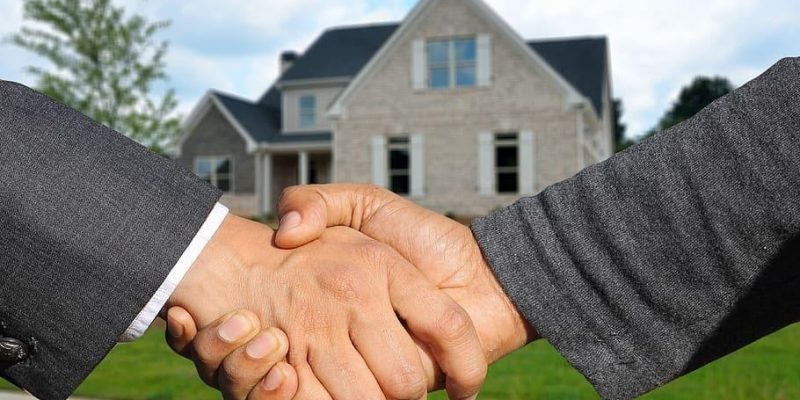There is a lot to think about when buying your first home. Once you have chosen your perfect property, you will need to instruct a conveyancer to carry out the legal process of buying it. Here is a guide to explain what you will have to pay your conveyancer for.

Basic fee
Most conveyancers charge a basic fee on a sliding scale, which covers how much work they will have to put into completing the transaction. It usually works that the more expensive the property you are buying, the greater the total basic fee will be. Conveyancing quotes can differ, so it is worth comparing a few.
Searches
In addition to the basic fee, you will have to pay for various searches. Let’s take a look at the most common ones that will need to be carried out by your conveyancer:
– Local authority search
This looks at factors such as whether the property has adhered to the necessary planning permissions and building regulations. It will also look at whether the road that runs past the property is maintained by the local authority.
– Drainage and water search
This checks that the property is connected to a mains water supply and that there is adequate drainage for sewage.

Image Credit
– Environmental search
This checks whether the area is prone to flooding or subsidence.
– HM Land Registry and land charges searches
This is a requirement of your mortgage lender and is completed to ensure you have not declared yourself bankrupt.
The search fees are payable upfront. A reputable conveyancer such as Sam Conveyancing will carry out the searches before they do anything else and report back to you on their findings. If problems are uncovered in the searches, you will be advised whether it is a good idea to continue with your property purchase.
– Stamp duty land tax
This is a tax payable to the government on buying a property. There is currently a stamp duty holiday for properties that complete before 30 June 2021, but you will have to be quick to benefit from this. Property transactions usually take an average of 12 weeks to complete.
– Other charges
The type of property you buy and how you are buying it will determine whether there are other conveyancing costs to pay; for example, other charges will be payable if you are buying a leasehold property, a new-build, using a Help to Buy scheme or buying with a mortgage. These incur more work for the conveyancer.
A conveyancer should be able to provide you with a quotation that explains the fee they will charge and a breakdown of the costs.








Comments